In the order of phone calls Donald Trump made after the presidential election, heads of government, presidents and key allies who share roughly the same ideological principles as the president-elect came first, Tamas Magyarics explained.
Obviously, the president-elect wants to signal who he would work more closely with in the coming years,
the expert highlighted.
When asked about the process that precedes a conversation between the two leaders, the former ambassador said that the president-elect's staff will contact the Hungarian prime minister's office to arrange a time and date.
In such cases, detailed discussions rarely take place.
During the phone call in question, Donald Trump presumably thanked Viktor Orban for his support, and he also touched on the areas where he would work more closely with the Hungarian prime minister during his presidency, the former diplomat said, adding that
Viktor Orban certainly congratulated Donald Trump on his re-election, and he also expressed his intention to cooperate closely with the United States, as the world's leading power, in various areas.
It is possible that they touched on one of the pressing issues, namely improving the political relations that have deteriorated under the Biden administration, Tamas Magyarics said.
Viktor Orban described one of the phone calls on the television program Tenyek (Facts). At the time, Donald Trump called him after the presidential elections.
I was sitting in the kitchen with my wife, drinking tea, when my little Nokia rang. I answered it, and I was told that Donald Trump wanted to talk to me,
the Hungarian prime minister said, giving some details. He added that Donald Trump greeted him by saying,
Good evening, Viktor! How are you doing?
In the context of the relationship between Donald Trump and Viktor Orban in the past, Tamas Magyarics pointed out that Hungary's rime minister – as the only European leader – had already stood up for Donald Trump in 2016, and the Hungarian premier visited Trump twice recently. He noted that there was ongoing consultation and dialogue with the Republican organizations and individuals backing Donald Trump through CPAC and other formal and informal channels.
These contacts resulted in the phone call bypassing formal diplomatic channels,
Tamas Magyarics said. When asked how important the style of conversation is for such a phone call, he said,
it is clear that the tone of dialogue matters a lot and, in a given case, it can indicate that if disputes arise later - as can be expected due to some of the differing interests of the two countries - they will be resolved on the basis of mutual understanding and a willingness to compromise,
the former ambassador to Dublin pointed out.
Cover photo: Viktor Orban and Donald Trump (Photo: AFP)
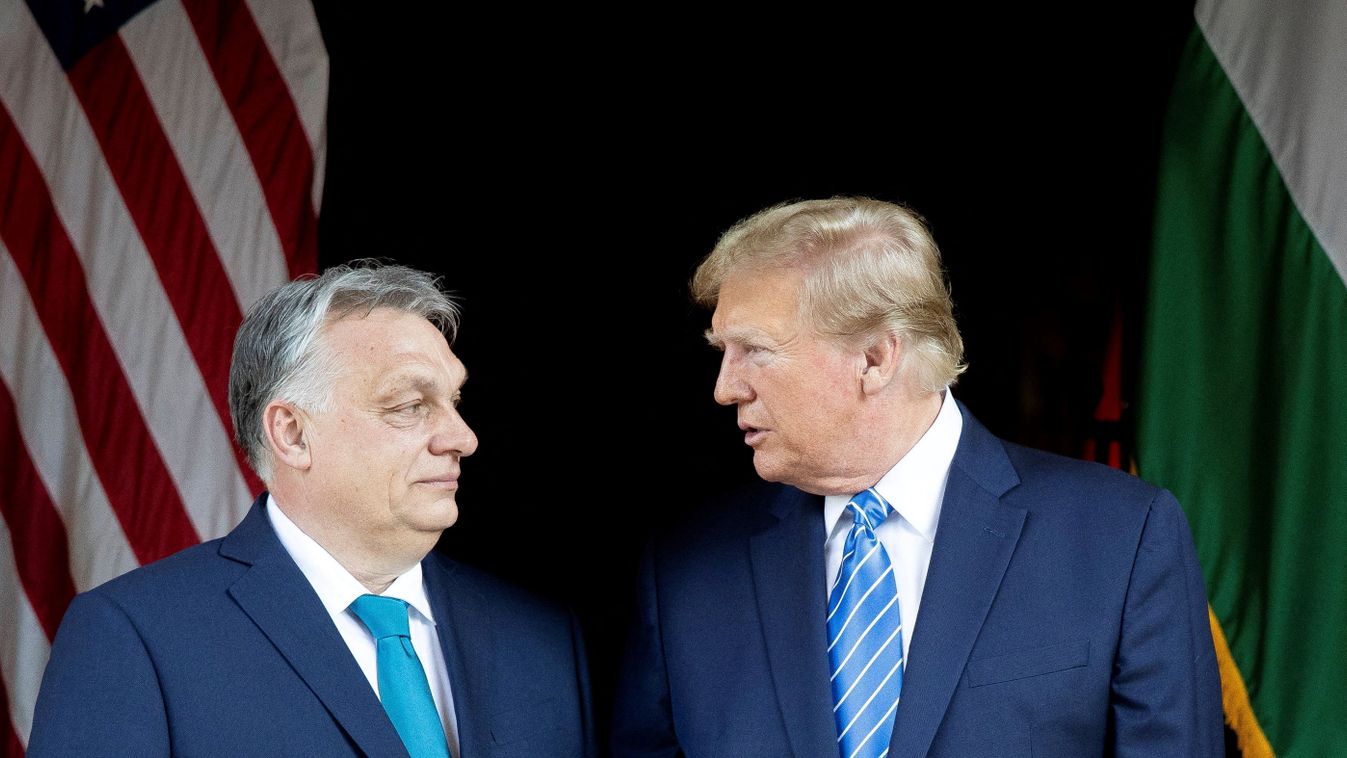
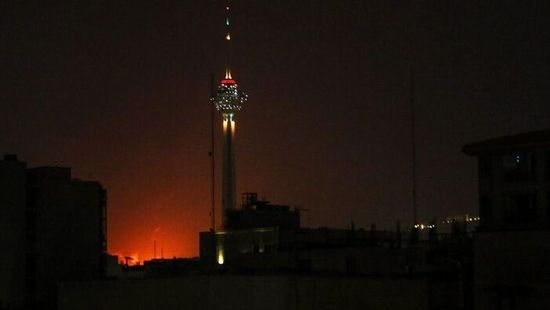
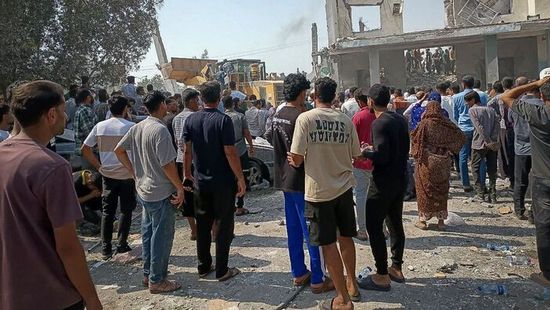
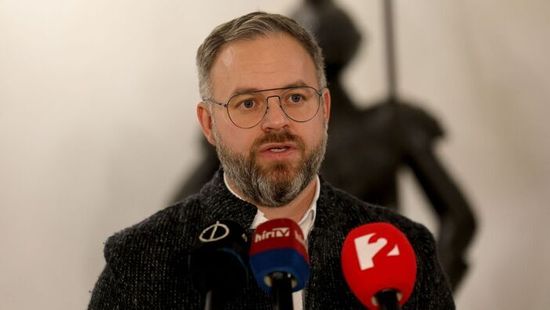
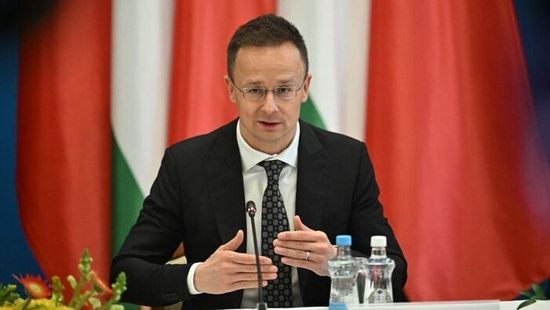

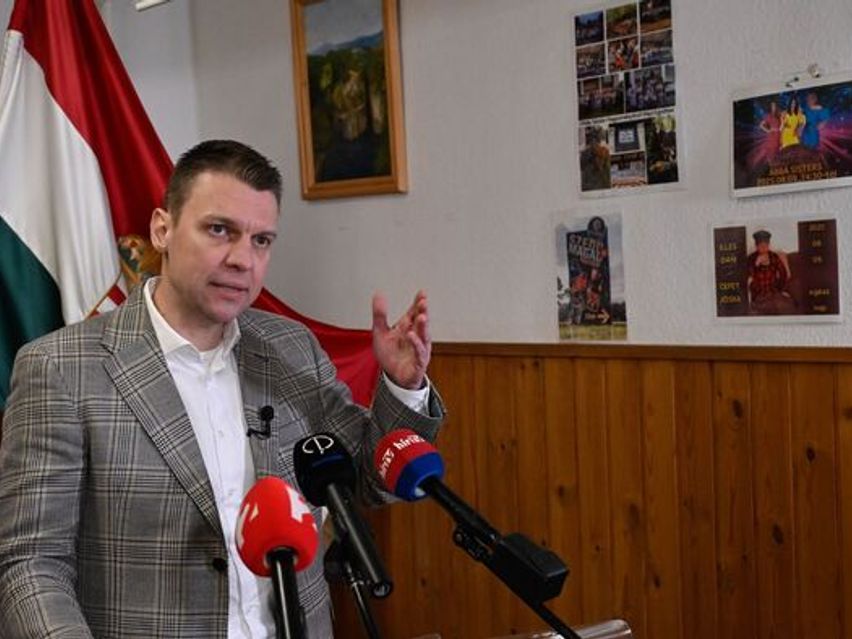
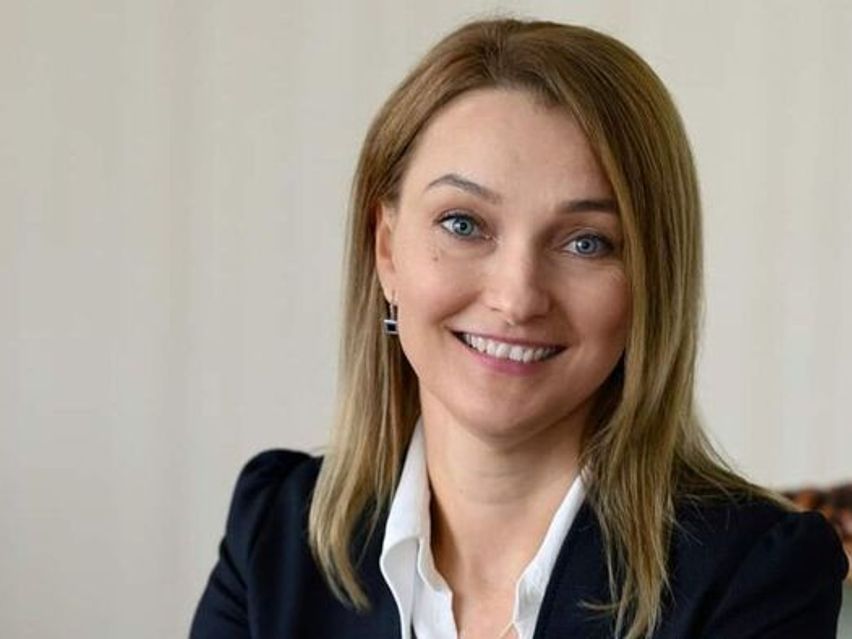

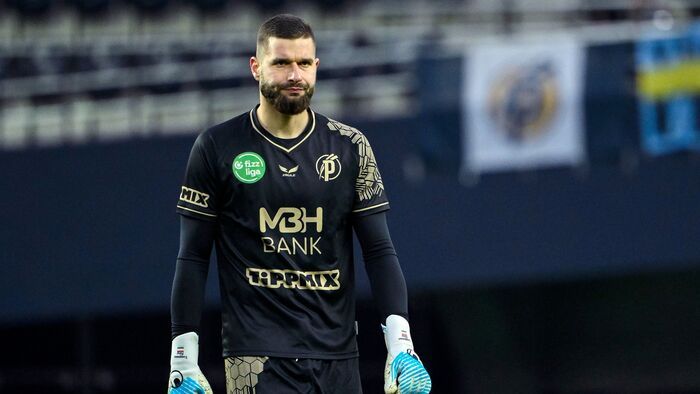

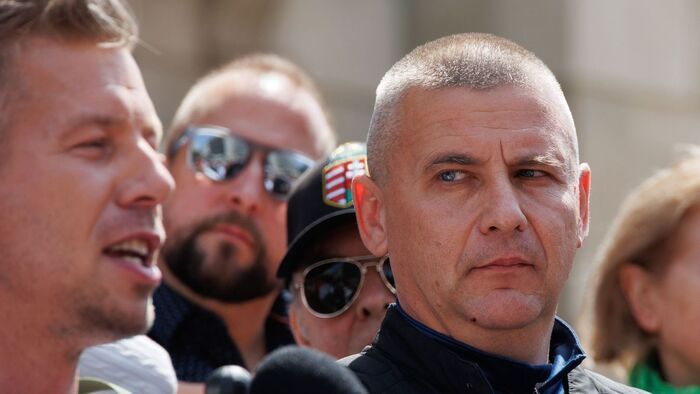
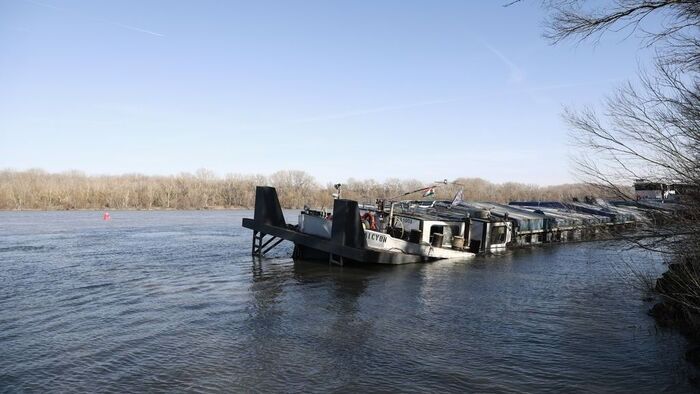
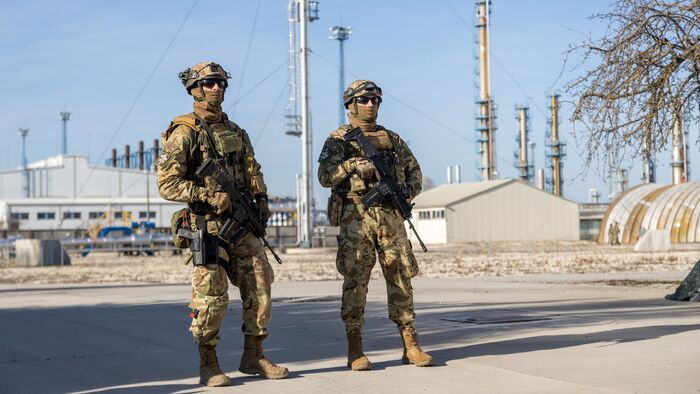


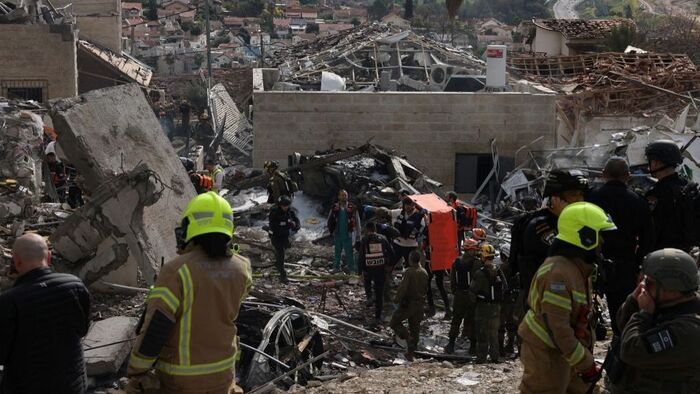


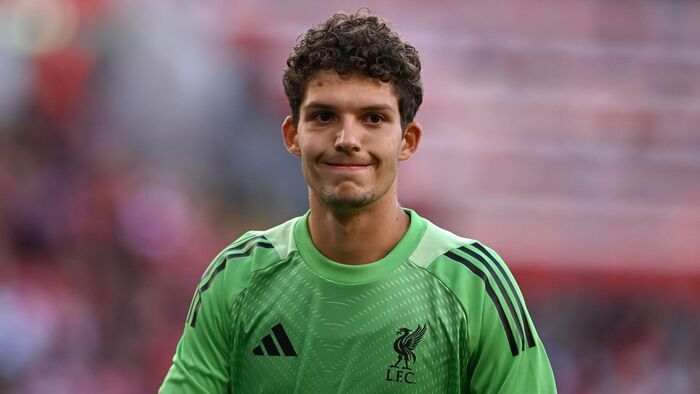
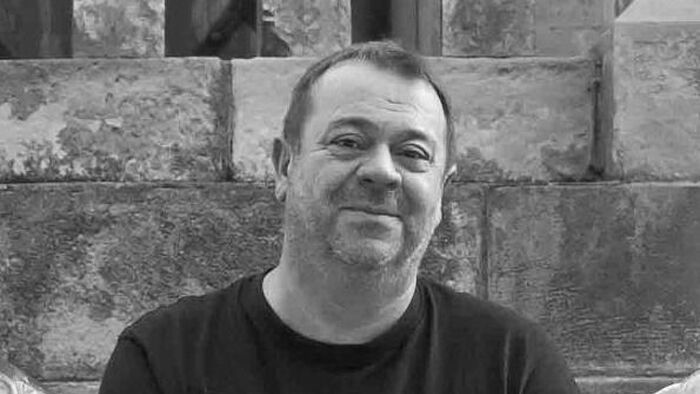


Szóljon hozzá!
Jelenleg csak a hozzászólások egy kis részét látja. Hozzászóláshoz és a további kommentek megtekintéséhez lépjen be, vagy regisztráljon!